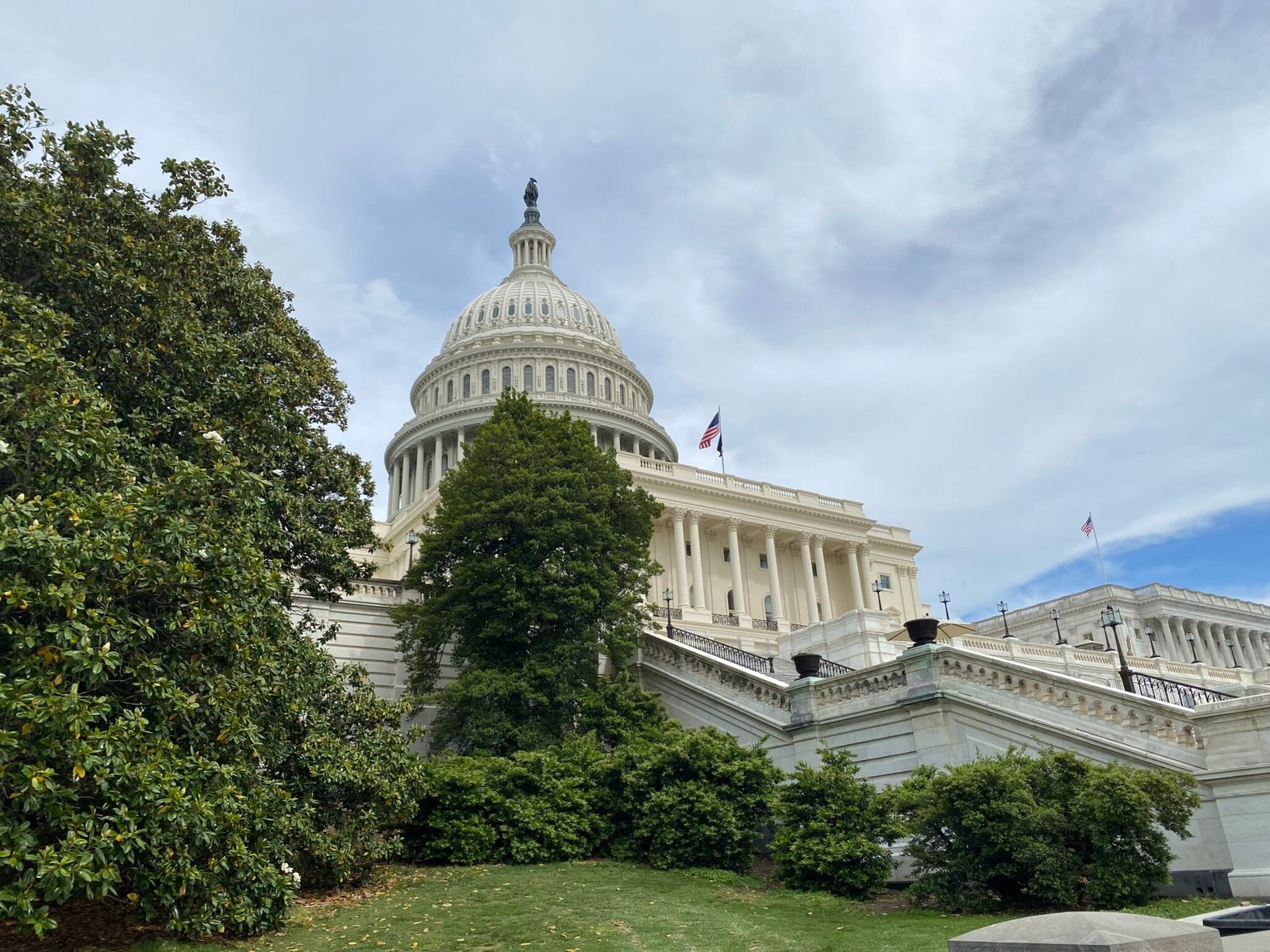Andy Harris
U.S. House Republicans Advance Controversial Mega Bill Cutting Medicaid Funding

This report has been updated.
WASHINGTON — In a significant move early Thursday, the U.S. House narrowly approved what has been described as the “big, beautiful bill,” a product of extensive negotiations between various factions within the Republican Party. The 215-214 vote pushes the legislation to the Senate, where it is expected to undergo considerable revisions before returning for final approval, a process anticipated to extend throughout the summer.
President Donald Trump endorsed the House’s version and urged the Senate to expedite the process, asserting that the bill could be a landmark in American legislative history. He expressed urgency, emphasizing there is “no time to waste.”
Speaker Mike Johnson expressed optimism regarding the timeline, predicting that final approval could be achieved by July 4. He acknowledged the challenges ahead but remained confident in bipartisan cooperation among Senate Republicans.
Opposition arose from House Democratic Leader Hakeem Jeffries, who criticized the bill for endangering reproductive rights, impeding progress on climate change, threatening gun safety measures, and disrupting the ability of immigrant families to send remittances abroad. He raised alarm about the bill’s potential economic repercussions, citing rising inflation and deteriorating credit ratings as evidence of its detrimental impact.
The divide was evident, with only two Republicans—Ohio’s Warren Davidson and Kentucky’s Thomas Massie—voting against the bill. Democrats uniformly opposed it, dubbing it “one big ugly bill.” Measures to enhance security and overhaul various social programs dominated the legislation, which essentially combines eleven different bills derived from weeks of committee discussions.
Key components of the bill include extending tax cuts established in 2017, significant boosts in border security and defense funding, changes to energy permitting, and revisions to education funding structures. Notably, it proposes to reduce Medicaid spending by an estimated $625 billion over ten years and raise the debt limit by $4 trillion.
Critics, including Massie, denounced elements of the legislation as a “debt bomb,” emphasizing the risks associated with increased deficits. White House Press Secretary Karoline Leavitt indicated Trump’s desire for consequences for the dissenting Republicans, hinting at potential primary challenges in the upcoming elections.
Examining specific provisions, the bill promises to revamp the Supplemental Nutrition Assistance Program (SNAP) by shifting some financial responsibilities to state governments. There is also a contentious plan to impose work requirements on Medicaid recipients, which could affect millions. Advocates of the bill defend these changes as necessary for fiscal responsibility.
The legislation has drawn sharp scrutiny. Proponents argue it prevents tax increases that would otherwise occur when the 2017 tax law expires, while opponents insist it disproportionately favors the wealthy over lower-income families, exacerbating existing inequalities. Democrats assert the bill’s tax provisions primarily benefit high earners at the expense of essential services for vulnerable populations.
The legislative journey is expected to be fraught with tension as both parties prepare for potential ramifications ahead of the upcoming election cycle.


















